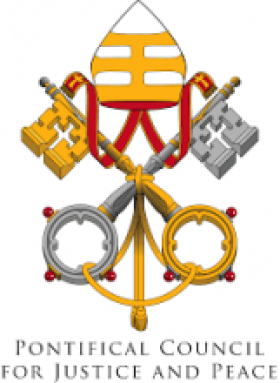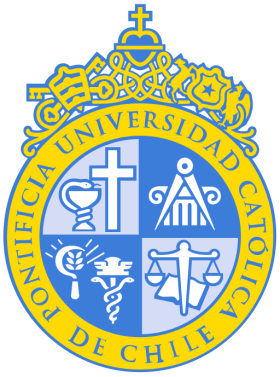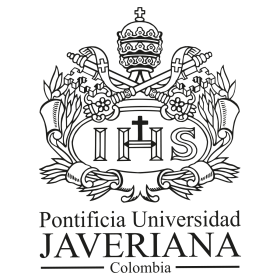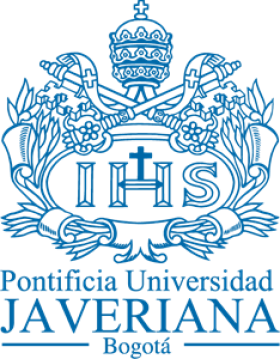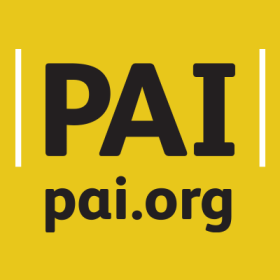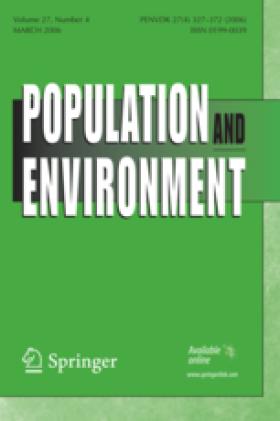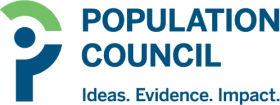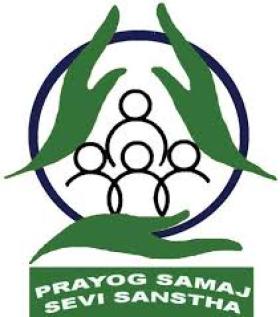Our international network of partners encompasses academic institutions, data aggregators, government bodies, publishers, farmers associations, NGOs and other civil society actors. Explore the range of organizations using the Land Portal below and join the network today.
Pontifical Council for Justice and Peace
The Pontifical Council for Justice and Peace was a dicastery of the Roman Curia dedicated to "action-oriented studies" for the international promotion of justice, peace, and human rights from the perspective of the Roman Catholic Church.
Pontificia Universidad Católica de Chile
The Pontifical Catholic University of Chile (UC) (Spanish: Pontificia Universidad Católica de Chile) is one of the six Catholic Universities existing in the Chilean university system and one of the
Pontificia Universidad Javeriana
La Pontificia Universidad Javeriana es una universidad privada colombiana fundada en 1623 y regentada por la Compañía de Jesús. Tiene dos sedes: la principal, en Bogotá, y otra seccional en Cali.
Pontificia Universidad Javeriana
Fundada por la Compañía de Jesús en 1623, es una Universidad Católica, reconocida por el Estado colombiano, cuyos objetivos son servir a la comunidad humana, en especial a la colombiana, procurando instaurar una sociedad más civilizada, más culta y más justa, inspirada por los valores del Evangelio.
Popular Sciene Press
Popular Science Press (a.k.a. China Science and Technology Press) was established in 1956. It is a comprehensive and large-scale publishing house about science and technology inChina. The press is under guidance ofChina’s Association for Science and Technology with a long history.
Population Action International
PAI champions policies that put women in charge of their reproductive health. We work with policymakers in Washington and our network of partners in developing countries to remove roadblocks between women and the services and supplies they need. For over 50 years, we’ve helped women succeed by upholding their basic rights.
Population and Environment
Brings in the environmental aspects centrally into demographic scholarship
Sole journal in the field
Electronic supplementary materials online
Population Council
The Population Council conducts research to address critical health and development issues. Our work allows couples to plan their families and chart their futures. We help people avoid HIV infection and access life-saving HIV services. And we empower girls to protect themselves and have a say in their own lives.
Potsdam Institute for Climate Impact Research
The Potsdam Institute for Climate Impact Research (PIK) was founded in 1992 and currently has a staff of about 320 people. The historic buildings of the institute and its high-performance computer are located on Potsdam’s Telegraphenberg campus.
Prabandhan Indian journal of management
Prabandhan: Indian Journal of Management (ISSN 0975-2854) : is a double blind peer reviewed refereed monthly journal that publishes papers on diverse areas of management such as Human Resource Management, Organizational Behaviour and Organizational Management, International Business, Knowledge Management, Environmental Management, Data Analysis and Decision Making, Technology a
Practical Action
Practical Action is an international non-governmental organisation (NGO) that uses technology to challenge poverty in developing countries.
Prayog Samaj Sevi Sanstha
The Prayog Samaj Sevi Sanstha is situated in Raipur, Chhattisgarh (A Tribal State). It was established in 1975 and registered in 1982 under the Society Registration Act 1860.

